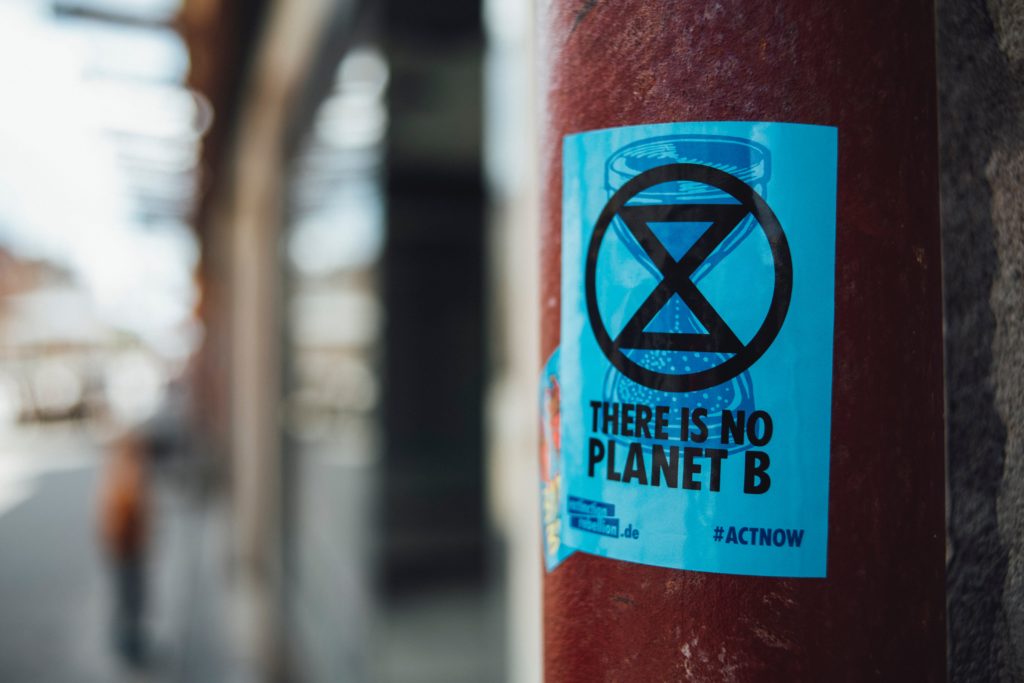At the onset of the Coronavirus Pandemic, government officials assembled together to save thousands of American lives. In weeks, Congress passed one of the most expansive stimulus bills since the Great Depression, known as the CARES ACT. They put forth over $2 trillion in funding to reduce the economic pain people suffered like the Payment Protection Program (PPP) and to local government to help expand testing among other health efforts. The CARES ACT has been one of the quickest government responses Americans have seen to address an incoming crisis in an era of congressional gridlock.
For Gen Z, climate change will have as large or even larger of an impact as the COVID-19 pandemic. With a vaccine, the virus will likely subside after a year or two. Unfortunately, the same is not true for climate change. Climate change will impact every single generation which will come to live on earth. From a once-in-a-thousand-year drought in California to the recent hurricane season where there were so many storms that we ran through the letters of the alphabet to name the storms, we’ve already started to get a glimpse of climate change’s approaching devastation. Our politicians promptly came together to help alleviate COVID-19’s destruction, and they must act now to slow and reduce the effects of climate change.
The health implications of an unhealthy climate have and will threaten many lives. According to the World Health Organization, 4.2 million people die each year from outdoor air pollution. In the future, climate change is expected to cause major changes in weather patterns that could cause massive droughts, potentially resulting in widespread famine. Furthermore, the stronger floods, hurricanes, and wildfires that climate change causes have already killed thousands and, unfortunately, kill many more.
The economic implications of climate change will cause as much economic harm as COVID-19. A recent study published by top economists in the Journal of the American Medical Association estimates that the COVID-19’s total cost to the US economy will be $16 trillion. On the other hand, a Columbia University study found that climate change could cost the US over half a trillion dollars a year through stronger natural disasters, local infrastructure being rendered unusable, and real estate being destroyed. Over 32 years, climate change’s economic cost will add up to the COVID-19’s estimated cost. Luckily, if our politicians can quickly pass legislation to limit the global temperature increase to only 2.5 degrees celsius, then we can cut the economic destruction in half.
Perhaps one reason why we have seen different political response to climate change and COVID-19 is because of the differing ways the public perceives the urgency of these two threats. The public does not regard climate change as the same immediate threat as COVID-19. A 2019 Quinnipiac Poll found that 54% of Americans regard climate change as an emergency. On the other hand, a March poll from the Economist found that 81% of Americans view COVID-19 as an emergency. This disparity probably occurs because climate change’s implications are gradual, so we have only seen a small portion of its effect and climate change has yet to massively alter people’s daily lives. Thus, many people might not have the same urgency to push politicians to take immediate action. Meanwhile, because everyone is currently suffering through this pandemic, the public is pushing our politicians to quickly solve this issue.
The COVID-19 pandemic is devastating our world– over 2.8 million people have died and millions have lost their source of income and are struggling. Unfortunately, climate change has already and will continue to bring similar devastation. Therefore, politicians need to act now on COVID-19 relief and climate change to alleviate this devastation. If Gen Zers want to see action taken on climate, they have to show people the destruction that climate change will inflict if we stay complacent. With these facts, hopefully, people will see the immediate need for their elected officials to take action.

Alex Dray is a Senior at Ransom Everglades in Miami, Florida. He is involved in his school’s Speech and Debate, cross-country, and track teams. He also serves as a representative for his grade on Student Government. When away from school, you could find Alex biking with his friends or volunteering for a political campaign. His passion to find out ways to improve the world drives him in what he does. He recognizes that previous generations have created many problems that Gen Z is going to have to deal with and solve. For that reason, Gen Z Identity lab interests him— it is a place where Gen Z can discuss the problems they see and propose solutions.


